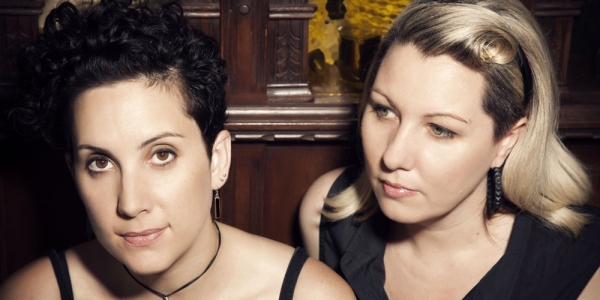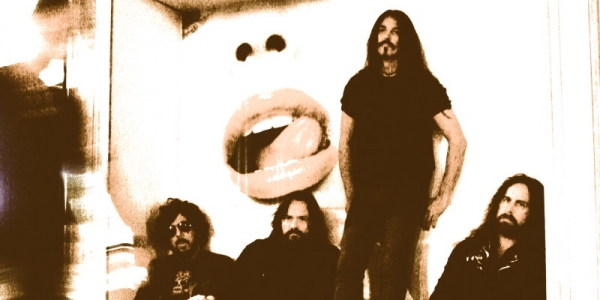“It’s hard to say no,” says Cheketri. “Being the person who says no can be just as hard, especially if it’s a friend. You end up most of the time losing that friend. You know you’re going to hurt someone but you don’t want to – it’s that situation that’s really hard and awkward but there’s nothing you can do about it because you don’t feel the same way.”
It’s indicative of Love Like Hate’s approach to their songs. The ‘dark’ in dark pop could be interpreted as their ability to approach classic pop subjects (love, breaking up, coming of age) from a different angle. “We don’t like to follow trends,” Cheketri explains. “We like to do something different. We could all sing about being dumped, we’ve all been there, we’ve all been broken hearted, but I personally have and know a few other people that have been the rejecter, so it’s something we thought we’d write about because it hasn’t been put out there before.”
The drummer’s seat has been somewhat of a rotating bench since their formation (all amiable departures I’ve heard), but the stable members of Love Like Hate have always been Cheketri and Sonja TerHorst, both songwriters and talented musicians in their own right; Cheketri’s electric guitar and honest, introspective lyrics complimented well by TerHorst’s haunting piano. Despite the heavy subject matter of their EP Rabbit Hole Cheketri is by no means overly serious; she laughs frequently throughout our interview and is far from arrogant when it comes to the band’s prospects. “There’s so many awesome bands out there, there’s a lot for people to take in and because we’re pretty new we’re just trying to get ourselves out there as much as possible while our name is still familiar, so we can keep trying to get a fan base together and get as much out of our EP as possible. We just want to try to get people used to hearing our name and our songs.”
Being a proactive pair can’t hurt. Tired with the lack of gigging opportunities in Brisbane, especially for female artists, the two put on their own night called Saturn Eve which showcased female bands and artists from around the city. “Once you’ve played certain venues in Brisbane you have to wait a while to play them again as there’s not a huge amount of live venues. So we wanted to put on a show somewhere to watch females perform and show off a bit because at the time we were finding there weren’t many shows doing that, or many lineups that included female performers, so we thought we’d just make one ourselves.”
Though the status quo is lamentable, Cheketri is not scathing about the Brisbane scene, nor is she pessimistic as to the prospects of it changing, citing a handful of female acts that have begun to make a name for themselves in the last month or so. Plus, “there’s no point sitting back crying about it; get out there and do something.”
BY GARRY WESTMORE

